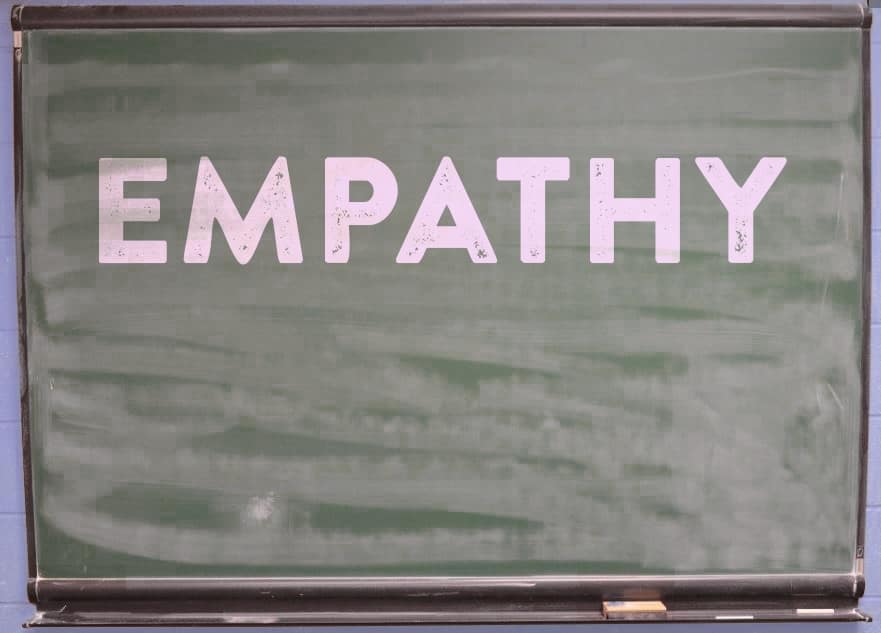In my experience, middle schoolers are often pragmatic, logical beings. Each Friday, I teach current events to my sixth graders. This leads to fascinating discussions as I get to see the cogs turning inside each young brain, unencumbered by the desire to look or sound smart. Middle schoolers might not have a large repository of information to draw from, but this leads to impulsive responses based on what they think is right and wrong, what they’ve been taught at home, or possibly, an individual opinion they’ve formed. Eleven-year-olds, at least at my school, a Yeshivah populated almost exclusively by Syrian Jews, speak their minds.
On a memorable afternoon, a student of mine, Sarah, spoke passionately about Ava DuVernay, the female African American film director who received the first Golden Globe nomination for Selma. Sarah mentioned how her own sister is fair skinned with blonde hair and blues eyes, while she has darker skin hair and eyes. Looking vaguely embarrassed, as if to make her point, Sarah shared with the class, “My dad says I’m his middle eastern princess.”
“It’s just not fair,” she continued, her voice getting higher and higher. “To judge people based on their skin color. They can’t help it.” She struggled with saying what she meant, what she felt, unable to sufficiently draw a connection between her dark skin and what it meant for a female African American director to come into the limelight. ”I…..I just….” she trailed off, wringing her hands in exasperation. “Maybe you understand DuVernay,” I asked gently? My student looked relieved, and nodded.
I wrote: “Empathy” on the board in big letters.
Last week, when I pulled down the U.S. map and traced my finger across the border between the U.S. and Mexico my students exclaimed, “It’s so big!” When I explained that Trump was proposing to build a wall to separate us from Mexico, to keep immigrants out, the majority of my students looked skeptical. “But wouldn’t you just go around?” one student asked quizzically. “Couldn’t you just fly here?” another student asked. “What would the wall be made out of?” asked another. One student raised his hand, clearly agitated. “But why don’t we just use the money to help the Mexicans, instead of try to keep them out?” he said. “We could give them food and money!” he exclaimed. I could’ve hugged his sensitive liberal self.
This generosity of spirit did not extend to all seven of my classes. In one class, a few students suggested that their hired help would suddenly disappear if the wall was to go up. “Well, do you know what country your housekeeper is from?” I asked. “It’s also very likely your housekeeper is a U.S. citizen,” I added, somewhat lamely. Another student said, in a voice I imagined to be his father’s, “Mexicans do bad things. They sell drugs and steal.” I nodded, hating myself for remaining neutral when I wanted to say: “You’re wrong.” I wanted to say that illegal immigration is at an all-time low, and that the majority of people who enter America do so legally. Furthermore, I wanted to point out that most of my students, aforementioned student included, are the children of immigrants, families who left Syria to pursue a better life in America, a life where they could be Jewish without repercussions. When I drew a chart on the board, “for” and “against” the wall, against won out in most classes, but by a slim margin.









